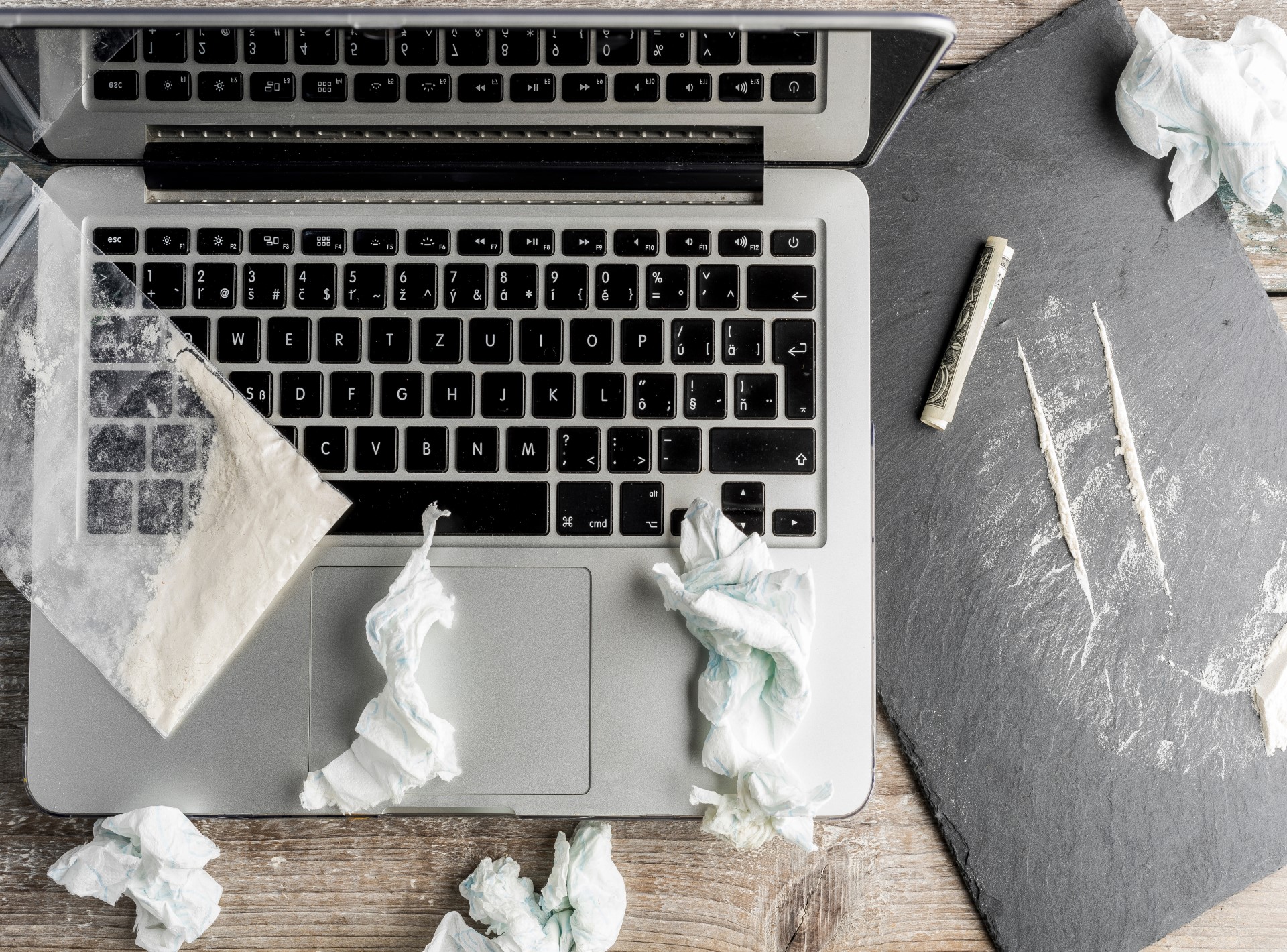
New Australian research has highlighted the need for more local drug-testing facilities to prevent harm and overdose, with 35% of illicit drugs bought online found to contain unknown ingredients.
The RMIT-led study analysed 103 illicit drug samples sourced from the now-defunct dark web forum Test4Pay in collaboration with the Australian National University, UNSW Sydney and the Canadian testing facility ‘Get Your Drugs Tested.’
Of 103 samples, 65% contained only the advertised substance, 14% of samples had a mixture of the advertised substance with other psychoactive or potentially harmful chemicals, while 21% of samples did not contain any of the advertised substances.
Lead researcher and RMIT Vice-Chancellor’s Senior Research Fellow, Dr Monica Barratt, said the results were concerning as drugs sold through crypto markets – online vendors on the dark web – were believed to be less likely to be mixed or substituted with other substances.
“Crypto markets allow anonymous buyers to review purchases, which theoretically means vendors who sell inferior products are more likely to receive bad reviews, thereby rewarding vendors selling superior products,” Dr Barratt said.
“But despite this perception of accountability and quality, our findings show prohibited drugs purchased from crypto markets are still not safe from adulteration and substitution.”
Substances sold as MDMA, methamphetamine or heroin were consistently found to contain only the advertised substance, while substances sold as 2C-B, alprazolam or ketamine were the most likely to be completely substituted.
Only four samples sold as cocaine contained solely the advertised substance, with 13 containing cocaine with adulterants like lidocaine, creatine, levamisole, and boric acid. No fentanyl contamination was detected.
MDMA, methamphetamines and heroin sourced were consistently found to only contain the advertised substance, and of the 19 cocaine samples tested, only four were pure cocaine while 13 contained other substances and two samples did not contain any cocaine at all.
Products sold as ketamine, 2C-B and alprazolam were most likely to be completely substituted with other substances or new synthetic drugs, which increased the risk of unwanted side effects, potential overdose, or death.
According to the 2023 National Ecstasy and Related Drugs Reporting System survey, there was a slight decline of people buying drugs on the dark web, with more people turning to messaging and social media apps to source drugs.
“These apps are a lot more convenient and easier to use than the dark web, but they lack many of the security features and review capacities of darknet markets,” she said.
“These days, vendors have accounts across many markets, in case one goes down, their clients can find them on other markets. This mitigates against the disruption of a takedown.”
With Australians finding new ways to source illicit drugs, Dr Barratt noted the urgent need to launch more drug checking services nationally.
While drug checking services have been operating around the world for over 50 years, CanTEST is currently the only drug checking service available in Australia, with Queensland due to launch its own services this year and Victoria considering following suit.
“Drug checking is a precautionary and pragmatic response to the health risks of unpredictable drug markets, often detecting hazardous substances before they flood the local market,” she said.
“Australia’s resistance to opening more drug checking facilities stems from an assumption that drug checking ‘green lights’ drug use, yet drug checking services never tell consumers that their drugs are ‘safe’ as no drug use can be 100% safe.
“What the service can do is explain the known risks of specific drugs, in a credible and non-judgmental way, enabling people who use drugs to adjust their behaviour to reduce risk.”

